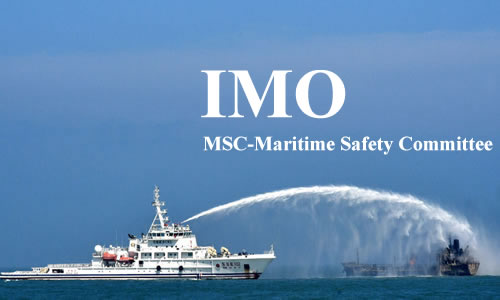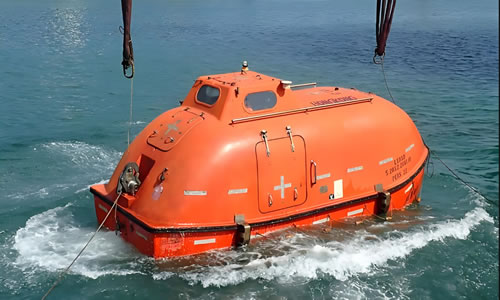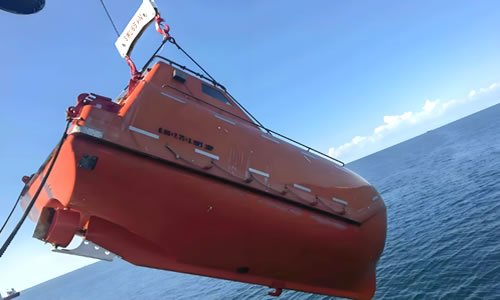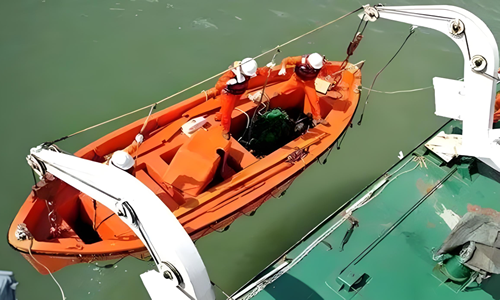What is the MSC in IMO?
The International Maritime Organization (IMO) and its Maritime Safety Committee (MSC) are central to shaping the safety, security, and sustainability of international shipping. Established under the United Nations, these bodies work collaboratively to address challenges in one of the world’s most critical industries.
What is the IMO?
The IMO, founded in 1948 and operational since 1958, is the UN’s specialized agency responsible for regulating global shipping. Headquartered in London, it comprises 175 member states and three associate members. The organization’s mandate spans three pillars:
1. Safety: Developing standards for ship design, crew training, and emergency protocols.
2. Environmental Protection: Mitigating maritime pollution, notably through treaties like MARPOL.
3. Legal Frameworks: Ensuring fair practices in maritime trade and liability.
The IMO does not enforce rules directly but creates binding international conventions adopted by member states. Its most renowned regulation, the International Convention for the Safety of Life at Sea (SOLAS), emerged after the Titanic disaster and remains a cornerstone of maritime safety.
The Role of the MSC
The Maritime Safety Committee (MSC), established in 1972, is the IMO’s highest technical body focusing solely on safety. Composed of all IMO member states, it addresses risks such as piracy, cyber threats, and evolving ship technologies. Key responsibilities include:
– Updating SOLAS and other safety codes.
– Setting standards for ship construction, navigation, and crew competency.
– Addressing emerging issues like autonomous ships and Arctic navigation.
The MSC’s work ensures that safety regulations evolve alongside technological advancements and global challenges. For example, after the 9/11 attacks, the MSC spearheaded the International Ship and Port Facility Security (ISPS) Code to combat maritime terrorism.
Collaboration and Impact
The IMO and MSC operate through consensus, balancing the interests of developed and developing nations. While the IMO provides a broad regulatory framework, the MSC drills down into technical specifics, ensuring practical implementation. Together, they have reduced shipping-related accidents by over 50% since the 1990s and slashed oil spill volumes by 95% since the 1970s.
Critics argue that the pace of regulation sometimes lags behind industry innovation, particularly in decarbonization. However, recent IMO initiatives, such as the 2023 Net-Zero Shipping Strategy, highlight its adaptability.
Conclusion
The IMO and MSC form the backbone of maritime governance, ensuring that shipping remains safe, efficient, and environmentally responsible. As global trade expands and new challenges arise, their role in fostering international cooperation will only grow more vital. By harmonizing standards across nations, they uphold the principle that the seas belong to all humanity—a shared resource demanding shared stewardship.


 Fire Hose and Fire Hose Couplings
Fire Hose and Fire Hose Couplings 



